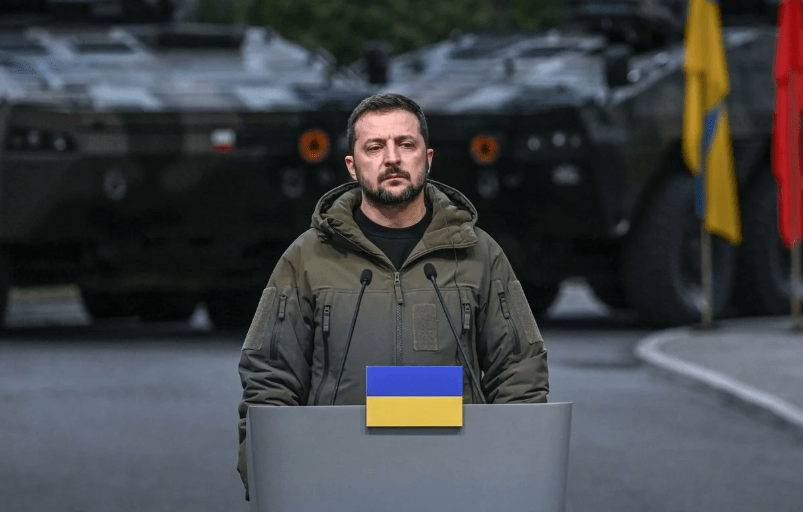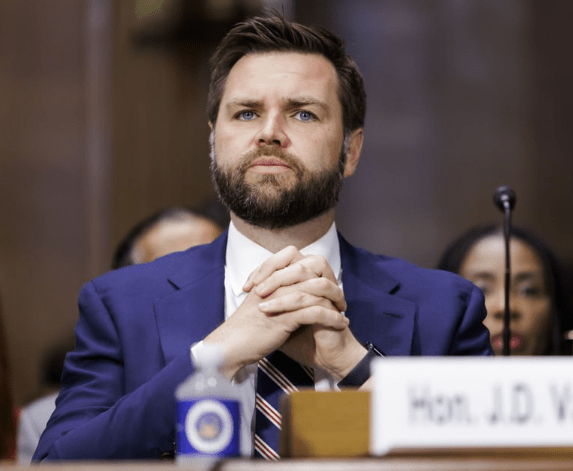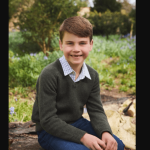The United States may pull out of ongoing peace efforts if Russia and Ukraine fail to agree on current proposals, warned US Vice President JD Vance during a visit to India.
“If there’s no agreement, we walk,” he stated firmly—echoing growing frustration in Washington over the stalled negotiations.
This stark warning follows the abrupt downgrade of a high-level summit in London, where top officials from the UK, France, Germany, Ukraine, and the US were scheduled to meet. However, the absence of US Secretary of State Marco Rubio and special envoy Steve Witkoff significantly shifted the tone, reducing expectations of a breakthrough.
Witkoff is now heading to Moscow for a fourth round of talks with Russian President Vladimir Putin, signalling a new focus for American diplomacy. This latest round is viewed as part of a critical acceleration of efforts to end the war.
Meanwhile, Ukrainian President Volodymyr Zelensky has reiterated his demand for an “immediate, full, and unconditional ceasefire.” “Stopping the killing is task number one,” he said via social media on Wednesday.

Vice-President Vance added that the US has tabled “a very explicit proposal” to both Kyiv and Moscow. His message was unambiguous: “It’s time for them to either say yes or for the US to walk away from this process.”
Back in London, General Keith Kellogg—Trump’s envoy to Ukraine—attended the downgraded discussions in place of Rubio and Witkoff. UK Foreign Secretary David Lammy still hosted a bilateral session with Ukraine’s foreign minister on the sidelines.
Rubio described the gathering as “technical meetings,” suggesting there would be no major public-facing outcomes.
There is speculation that Moscow could now be open to halting its offensive along current battle lines in exchange for meaningful concessions. Still, clarity on the specifics—or even the viability—of such a deal remains elusive.
Vance pressed further: “It’s now time, I think, to take… one of the final steps… freeze the territorial lines at some level close to where they are today.” He added that compromises would be required from both sides, including territorial concessions.
Despite behind-the-scenes discussions, Zelensky has made it clear that recognising Crimea as Russian territory is off the table.
“Ukraine does not legally recognise the occupation of Crimea. There’s nothing to talk about,” Zelensky stated during a press briefing.
Reports suggesting a potential trade-off involving Crimea have been flatly denied by both Kyiv and Moscow. Kremlin spokesperson Dmitry Peskov dismissed recent media claims as “fakes.”
Yuriy Sak, an adviser to Ukraine’s Ministry of Strategic Industries, told BBC Radio 4 that it was “naïve” to expect any compromise on “non-negotiable” issues like Crimea.
Putin had declared a ceasefire over Easter, yet Russian attacks resumed swiftly. On Wednesday, a drone strike on a commuter bus in Marhanets killed nine people and injured dozens more.
In the southern Kherson region, repeated strikes destroyed a critical power facility, further straining local infrastructure.
UK Defence Secretary John Healey told MPs there is “no evidence of a genuine truce.” “While Putin says he wants peace, he has rejected a full ceasefire… and continues to play for time in negotiations,” Healey said.
He also confirmed that Russian military progress is now “slowing,” although pressure remains intense on several Ukrainian fronts.
The war, which began with Russia’s full-scale invasion in February 2022, has left hundreds of thousands dead or wounded. Nearly seven million Ukrainians are now displaced as refugees across the globe.
But the roots of the conflict stretch further back to 2014, when Russia annexed Crimea following the ousting of Ukraine’s pro-Russian president and supported separatists in the east.
As diplomatic efforts pivot towards Moscow, the message from the US is clear: without concrete progress, patience is wearing thin. While backchannel talks and closed-door meetings continue, the path to a ceasefire remains steep and uncertain.
Whether this is a final push for peace or a prelude to a diplomatic retreat, all eyes will be on the outcome of this week’s meetings in Russia.






